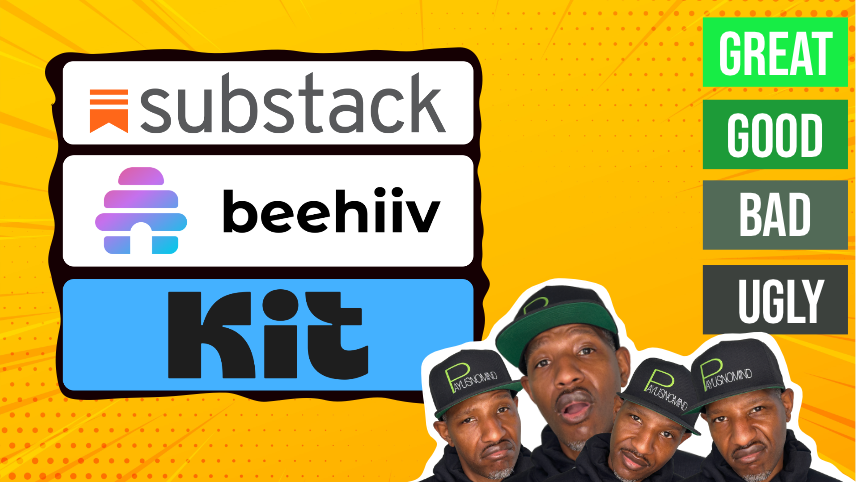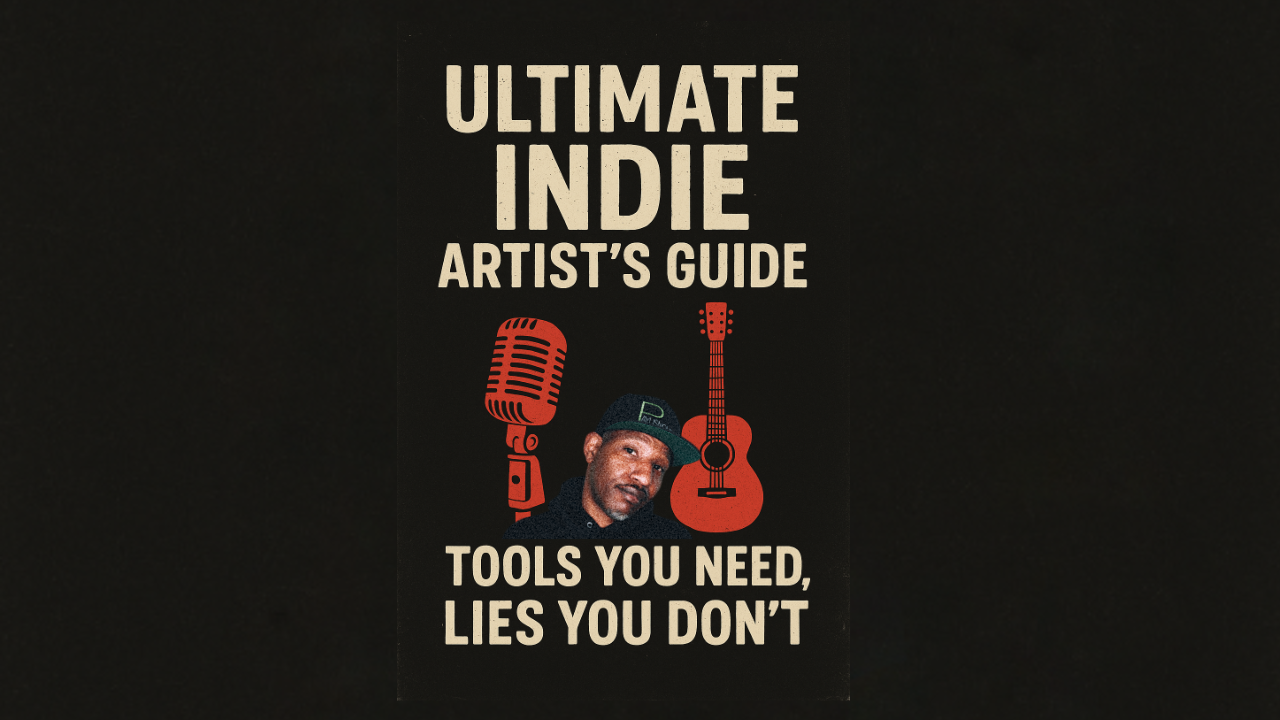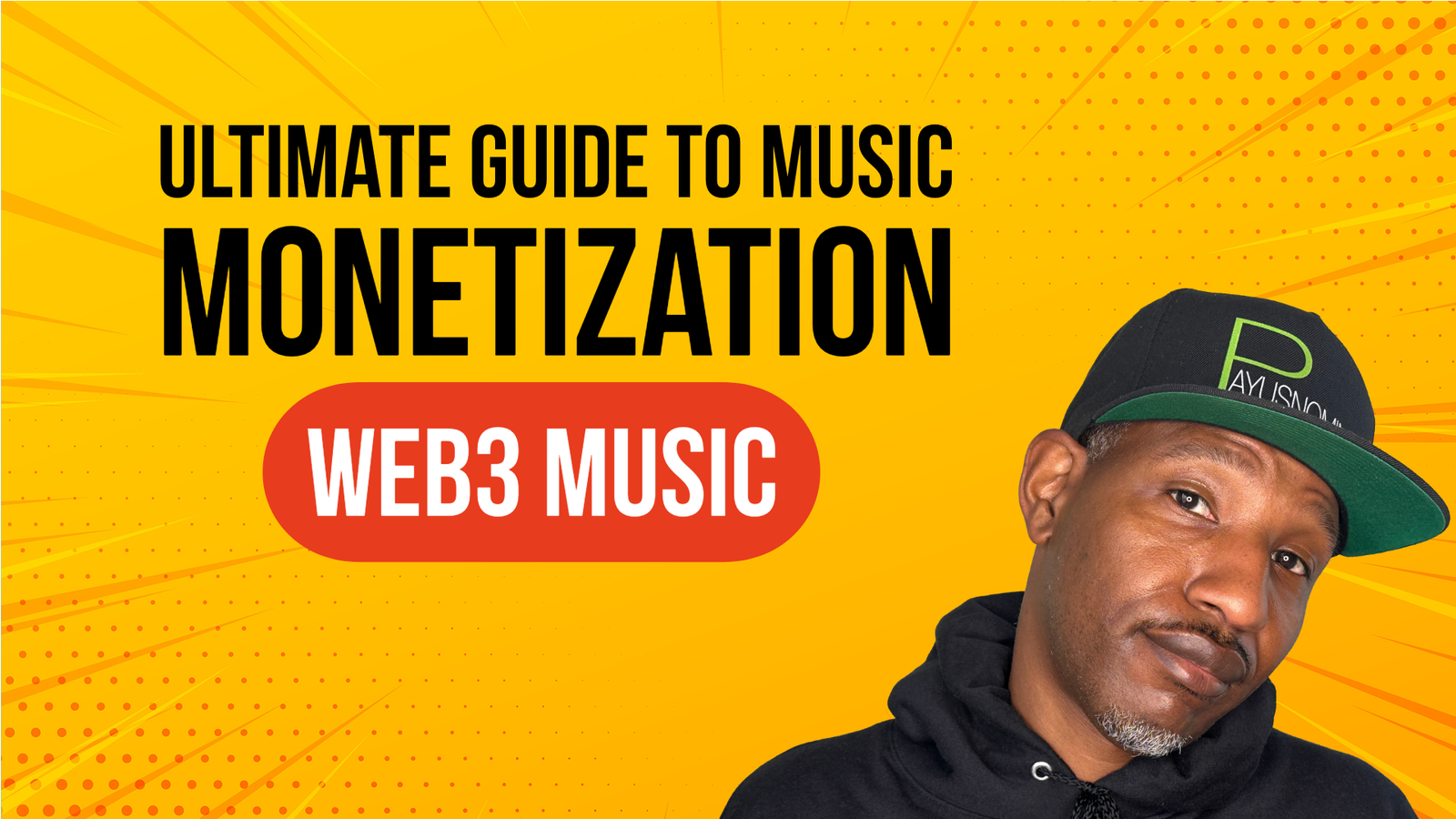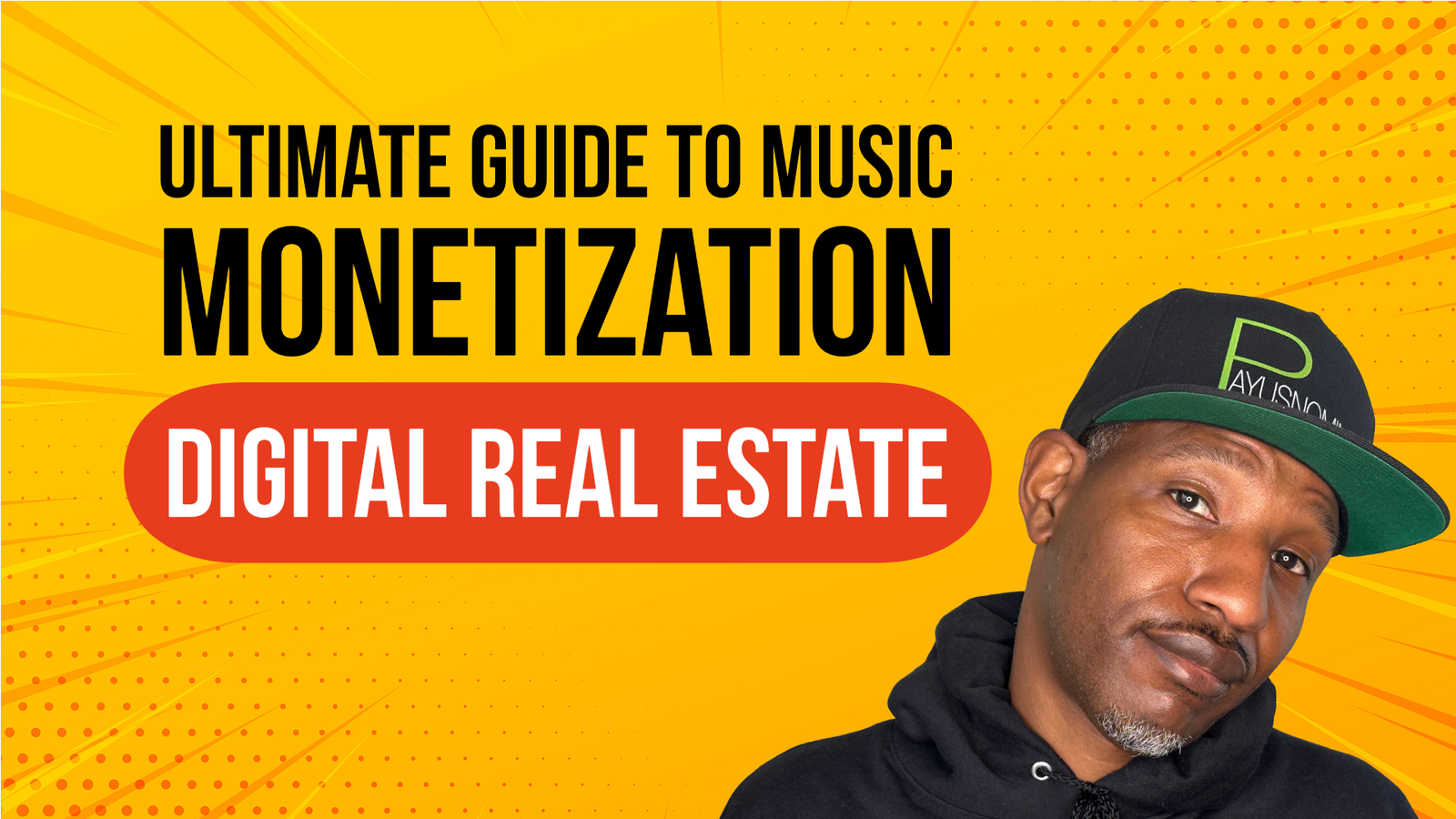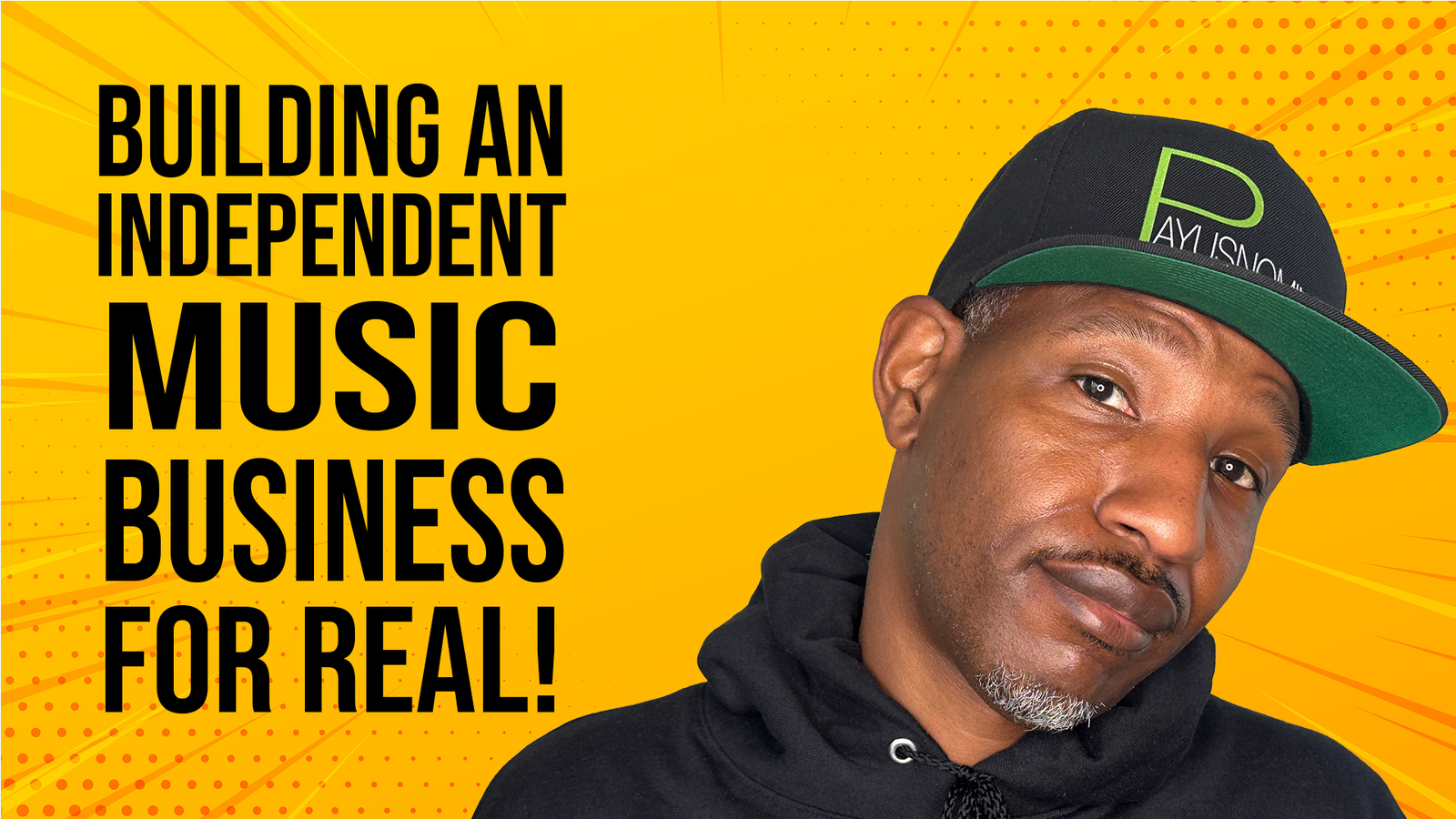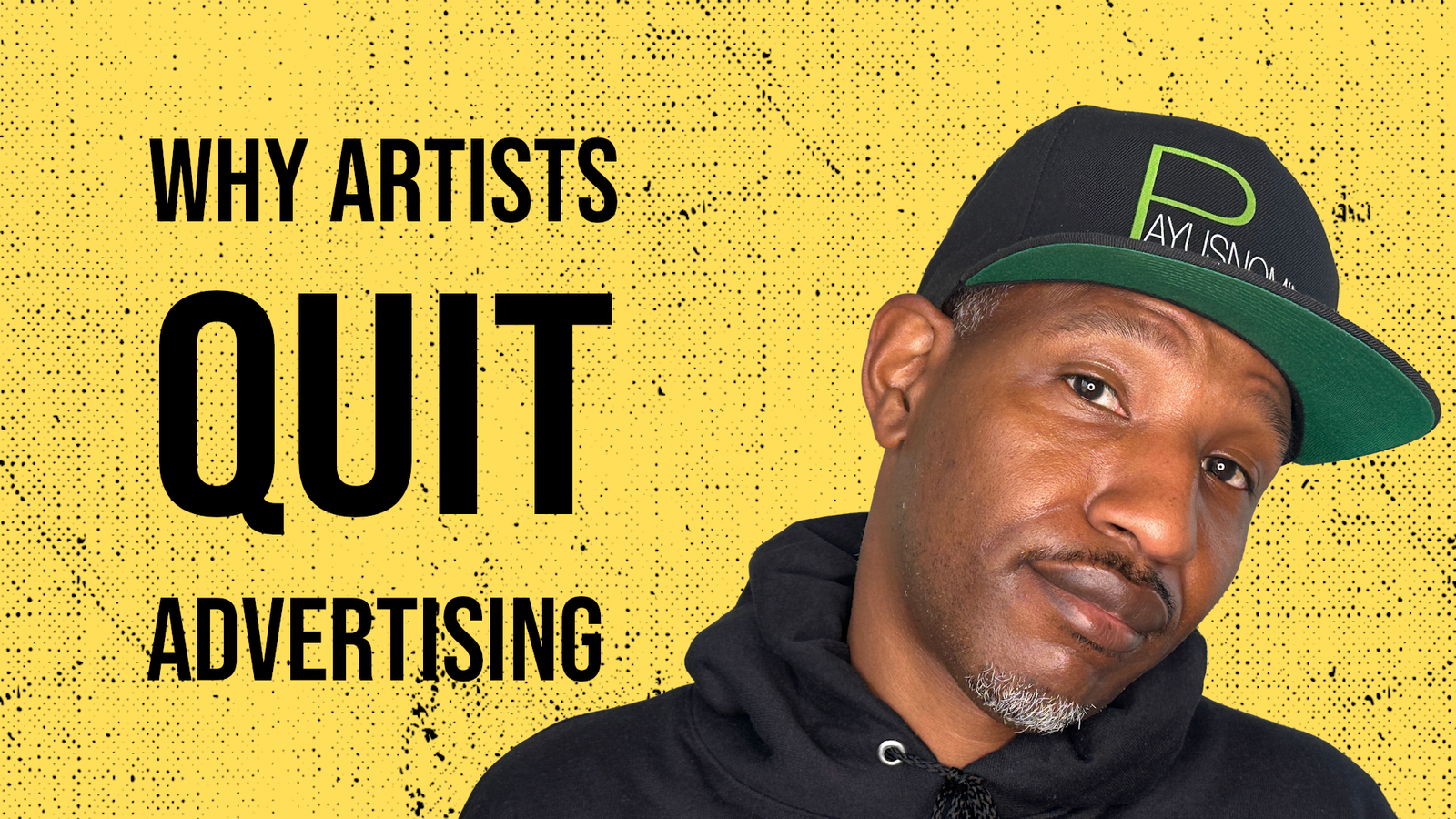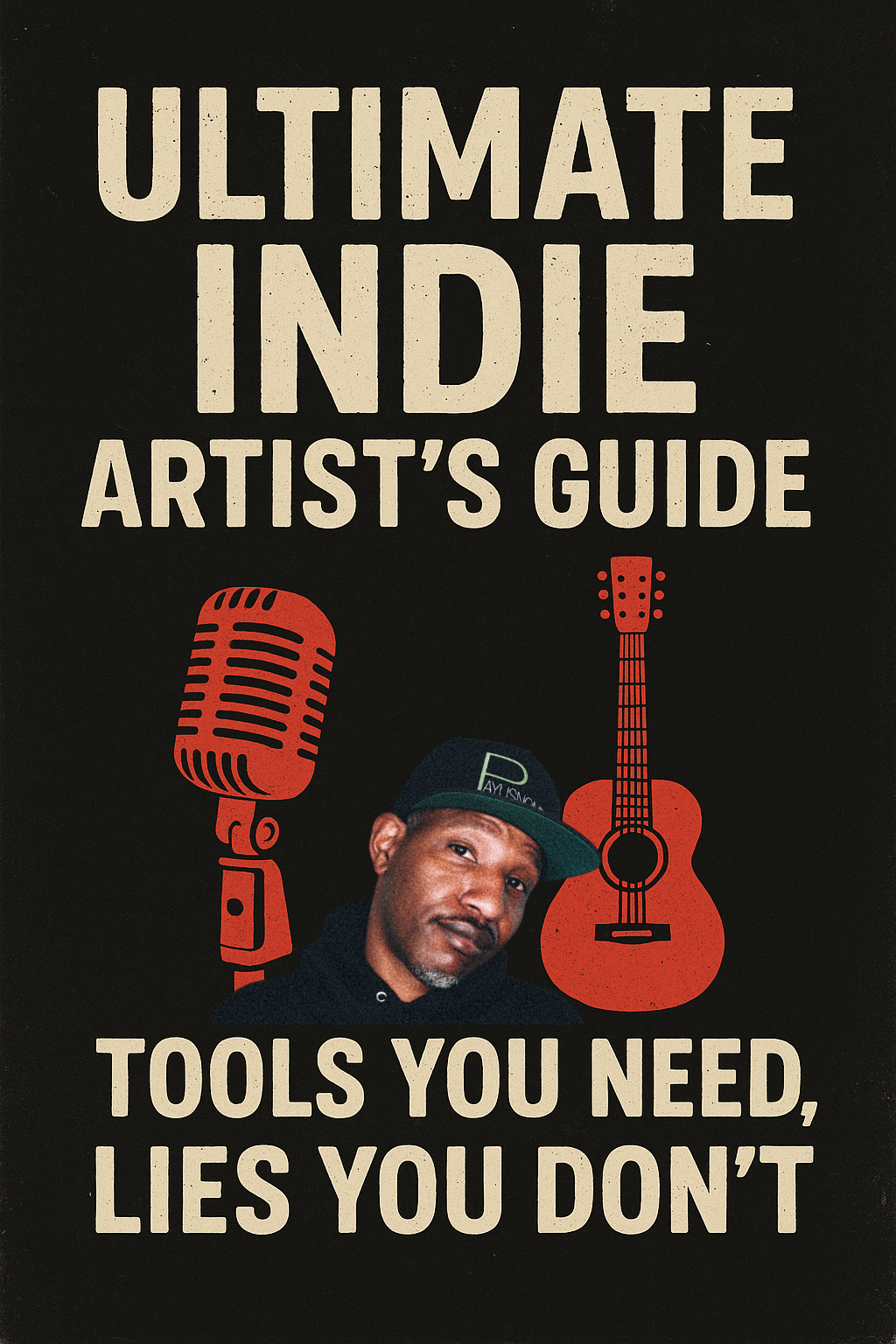Vydia Review 2025: Pricing, Features & Everything You Need to Know
Published on Sep 21, 2024
Free
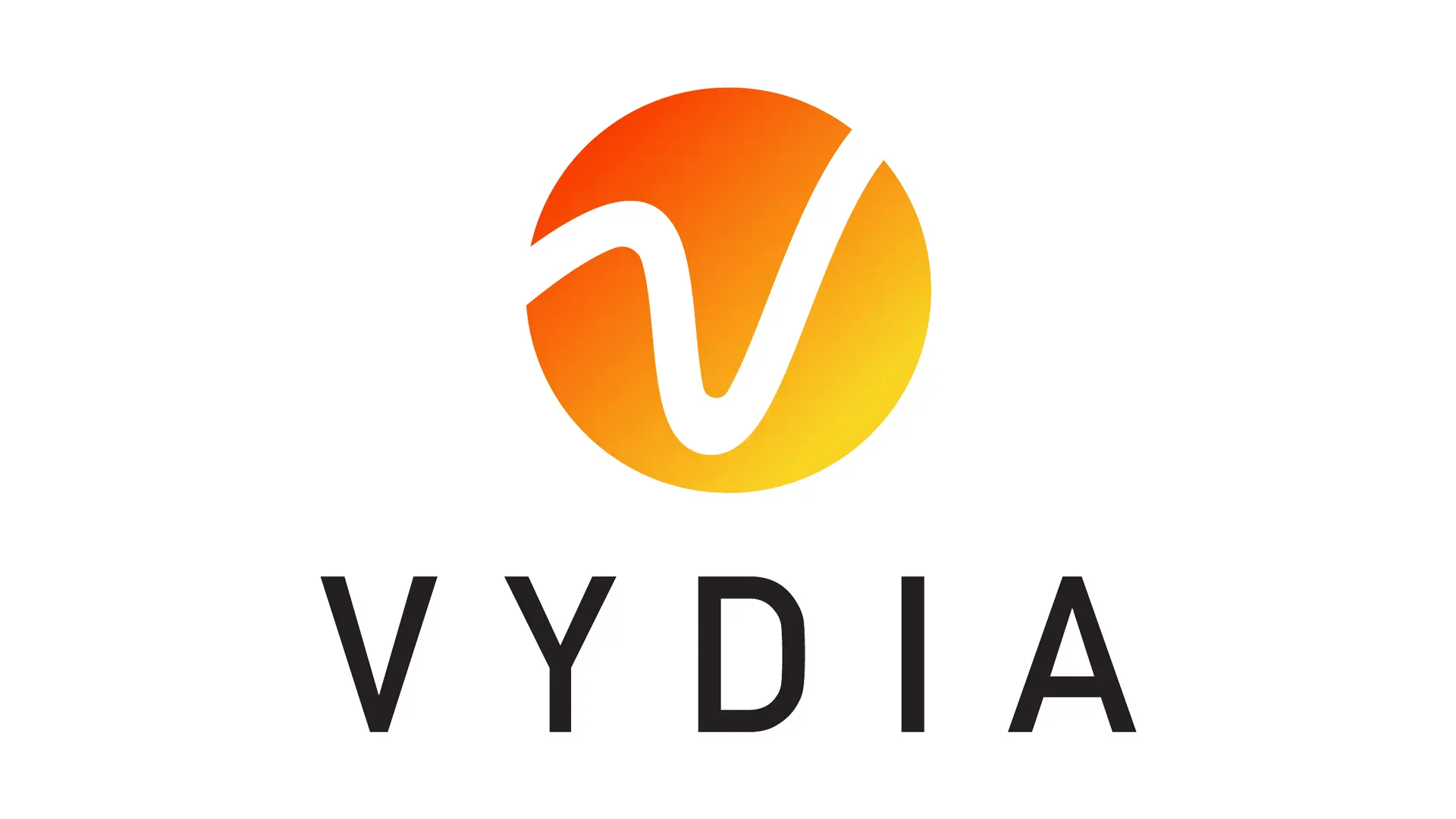
 Tunecore Review: Great, Good, Bad, Ugly - Music Distribution
Tunecore Review: Great, Good, Bad, Ugly - Music Distribution  SoundOn TikTok's Music Distribution Company Review: Great, Good, Bad, Ugly
SoundOn TikTok's Music Distribution Company Review: Great, Good, Bad, Ugly  Venice Music Review 2025: Great, Good, Bad, Ugly - Digital Distribution
Venice Music Review 2025: Great, Good, Bad, Ugly - Digital Distribution  Landr Distribution Review 2025: Great, Good, Bad, Ugly 🤔
Landr Distribution Review 2025: Great, Good, Bad, Ugly 🤔 Under new Management. Updated review coming soon...

